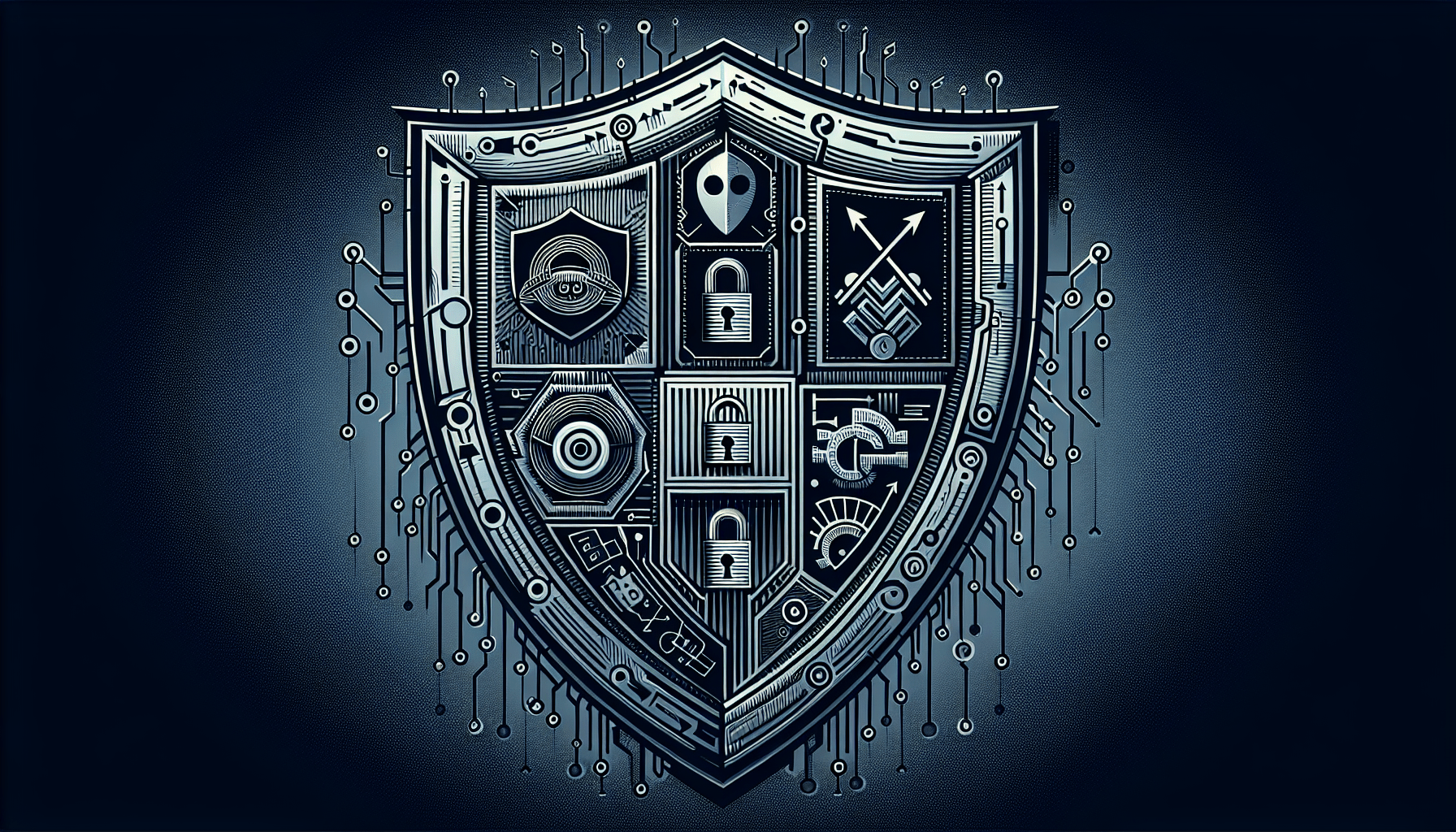In today’s digitally-driven world, the importance of comprehensive security measures cannot be overstated. This article focuses on the necessity of providing security awareness training to non-technical employees within an organization. With cyber threats becoming increasingly sophisticated, it is crucial for all employees, regardless of their technical background, to be equipped with the knowledge and skills to identify and mitigate potential security risks. By investing in targeted security awareness training, organizations can strengthen their overall security posture and minimize the likelihood of a successful cyber attack.
Security Awareness Training For Non-Technical Employees
Have you ever wondered how you can protect your organization from cyber threats? As a non-technical employee, you may not have the same level of knowledge as your IT colleagues, but you play a crucial role in maintaining the security of your company’s data and systems. This article will explore the importance of security awareness training for non-technical employees and provide you with the knowledge and tools you need to help keep your organization safe.

Why Security Awareness Training is Important
Security breaches can have devastating consequences for organizations, ranging from financial losses to reputational damage. Non-technical employees are often targeted by cybercriminals because they may not be as well-versed in cybersecurity best practices as their IT counterparts. Security awareness training can help bridge this knowledge gap and empower non-technical employees to recognize and respond to security threats effectively.
Understanding Cybersecurity Threats
Cybercriminals use a variety of tactics to infiltrate an organization’s systems and steal sensitive information. Phishing emails, ransomware attacks, and social engineering schemes are just a few examples of the threats that employees may encounter. By understanding how these threats work and the red flags to look out for, non-technical employees can play a proactive role in preventing security incidents.
Importance of Data Protection
Data is one of the most valuable assets that organizations possess, and it is crucial to protect it from unauthorized access or theft. Non-technical employees often handle sensitive information as part of their daily responsibilities, making them prime targets for cyber attacks. Security awareness training can help employees understand the importance of data protection and the role they play in safeguarding sensitive data.
Components of Security Awareness Training
Effective security awareness training programs cover a wide range of topics to ensure that employees are well-equipped to handle security threats. Here are some key components of security awareness training for non-technical employees:
Phishing Awareness
Phishing is a common tactic used by cybercriminals to trick individuals into revealing sensitive information such as passwords or financial data. Employees need to be able to recognize phishing emails and other malicious communications to prevent falling victim to these scams. Training on phishing awareness should include examples of phishing emails, tips for spotting red flags, and best practices for responding to suspicious messages.
Password Security
Passwords are the first line of defense against unauthorized access to systems and accounts. Weak or easily guessable passwords can leave organizations vulnerable to cyber attacks. Security awareness training should cover the importance of using strong, unique passwords for each account, as well as best practices for password management, such as using password managers and enabling two-factor authentication.
Benefits of Security Awareness Training
Investing in security awareness training for non-technical employees offers numerous benefits for organizations, including:
Reduced Risk of Security Incidents
Educated employees are more likely to recognize and respond to security threats effectively, reducing the risk of security incidents such as data breaches or malware infections. By arming employees with the knowledge and skills they need to protect themselves and the organization, security awareness training helps mitigate the potential impact of cyber attacks.
Enhanced Compliance
Many industries have strict regulatory requirements regarding data protection and security practices. Security awareness training ensures that employees are aware of their responsibilities and obligations under relevant regulations, helping organizations maintain compliance and avoid costly fines or penalties.
Implementing Security Awareness Training
To be effective, security awareness training programs should be tailored to the specific needs and challenges of non-technical employees. Here are some best practices for implementing security awareness training in your organization:
Assessing Training Needs
Before designing a security awareness training program, it is essential to assess the knowledge gaps and vulnerabilities that exist within your organization. Conducting security assessments, phishing simulations, and employee surveys can help you identify areas where additional training is needed.
Interactive Training Modules
Engaging and interactive training modules are more effective at educating employees and reinforcing key concepts. Consider using a variety of formats, such as videos, quizzes, and games, to keep employees engaged and make the training more memorable.
Regular Updates and Reinforcement
Cyber threats are constantly evolving, so it is essential to provide ongoing training and updates to ensure that employees are equipped to handle the latest security challenges. Regularly reinforce key concepts and best practices through refresher courses, newsletters, and reminder emails.

Conclusion
As a non-technical employee, you have an important role to play in protecting your organization from cyber threats. By participating in security awareness training and understanding the risks and best practices associated with cybersecurity, you can help safeguard your company’s data and systems. Remember, cybersecurity is a team effort, and every employee plays a crucial role in maintaining a secure work environment. Stay informed, stay vigilant, and stay secure.



